The turbocharger/direct fuel injection combo has emerged as automakers’ favored choice for producing powerful engines and meeting government fuel-economy requirements. The increased airflow turbos generate enables an engine to burn more fuel and produce more power, but this power comes at a cost. The tremendous heat and stress turbos create cause some oils to break down and form harmful bearing deposits through a process known as turbo coking. Over time, turbos can suffer reduced performance or fail altogether.
How Turbos Could Slow You Down
The deposits common to turbochargers can lead to:
- Blocked oil passages, oil starvation and eventual failure
- Reduced turbine speed – resulting in lower boost pressures, reduced performance and poor efficiency
- Oil breakdown and oil burning
- Expensive turbo rebuild or replacement
The GM Turbo Coking Test
The Turbo Coking Test was designed to simulate the extreme operating conditions of a turbocharged engine. It evaluates a motor oil’s ability to resist deposit buildup in the oil passages and bushings of a turbocharger. Temperature increases within the turbo and the weight of any deposits are recorded.
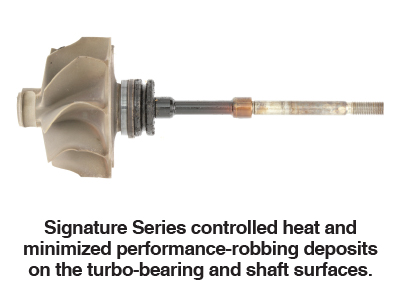
Test Parameters
|
Engine |
2012 GM 1.4L |
|
Duration |
2,000 cycles of extreme heat soaks – approximately 537 hours |
|
Measures |
A motor oil’s ability to resist deposits in a turbocharger’s oil passages and bushings |
|
Simulates |
High-heat operation of a turbocharged engine |
|
Requirement |
Temperature change within the turbocharger limited to 13 percent |
Signature Series protects turbochargers 72% better than required by GM dexos1® Gen 21
The GM Turbo Coking Test requires an oil to limit the temperature change within the turbocharger to 13 percent or less to pass the test. Signature Series limited the temperature increase to only 3.6 percent, controlling heat and proving it protects against deposits common to high-temperature engine environments.
1Based on independent testing of AMSOIL Signature Series 5W-30 in the GM Turbo Coking Test as required for the GM dexos1 Gen 2 specification.
*All trademarked names and images are the property of their respective owners and may be registered marks in some countries. No affiliation or endorsement claim, express or implied, is made by their use. All products advertised here are developed by AMSOIL for use in the applications shown.
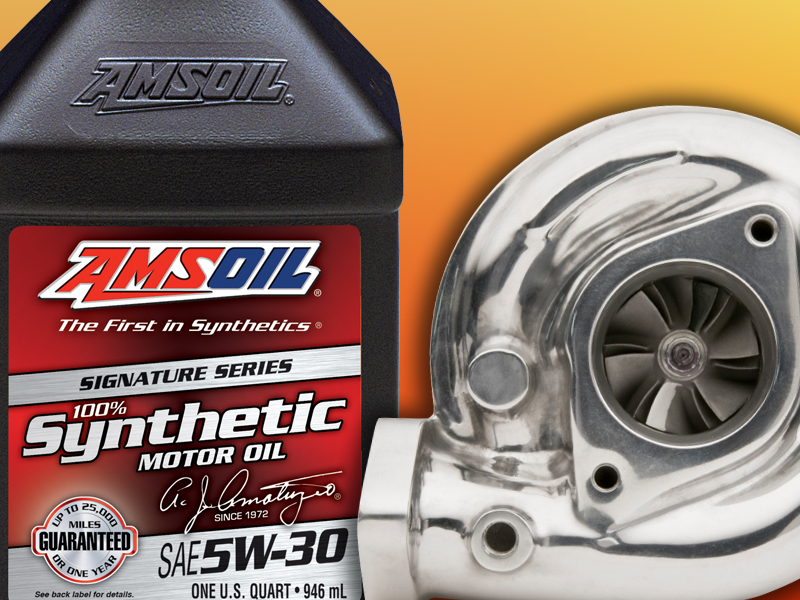
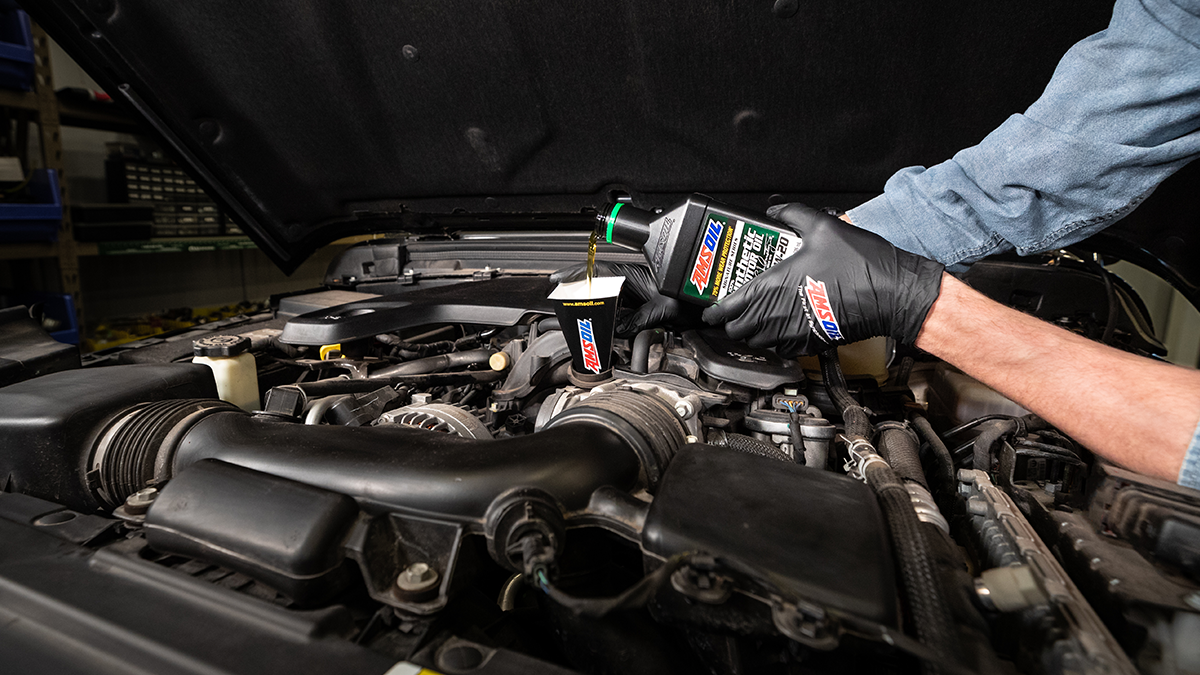
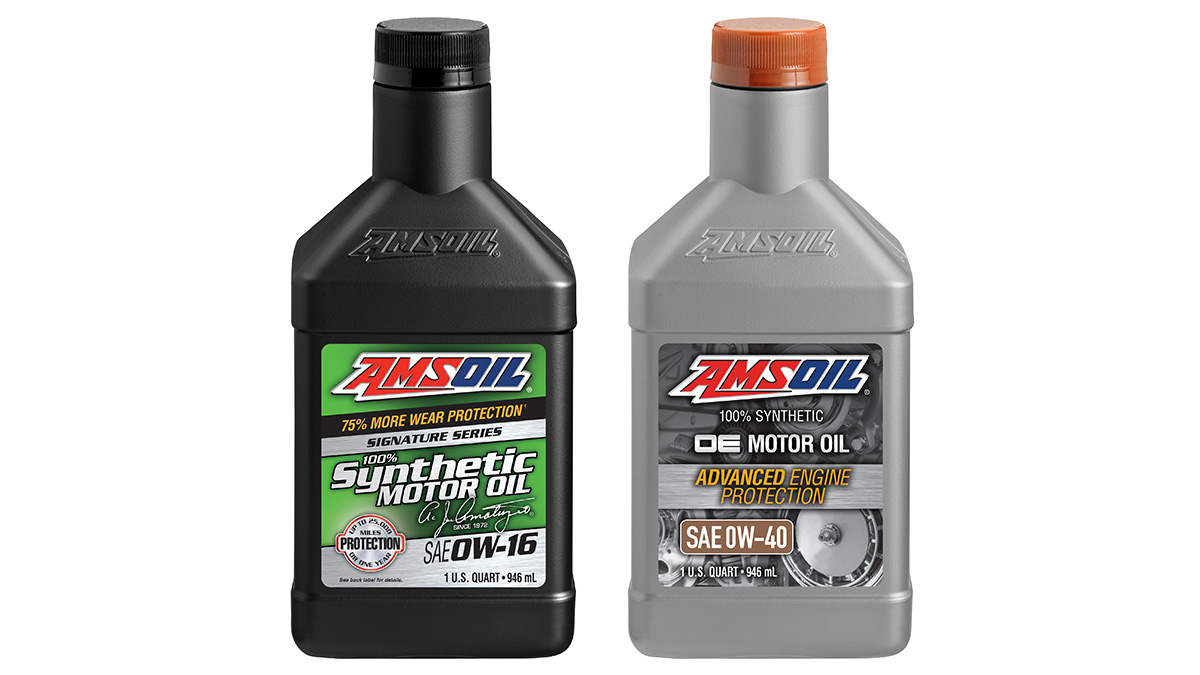
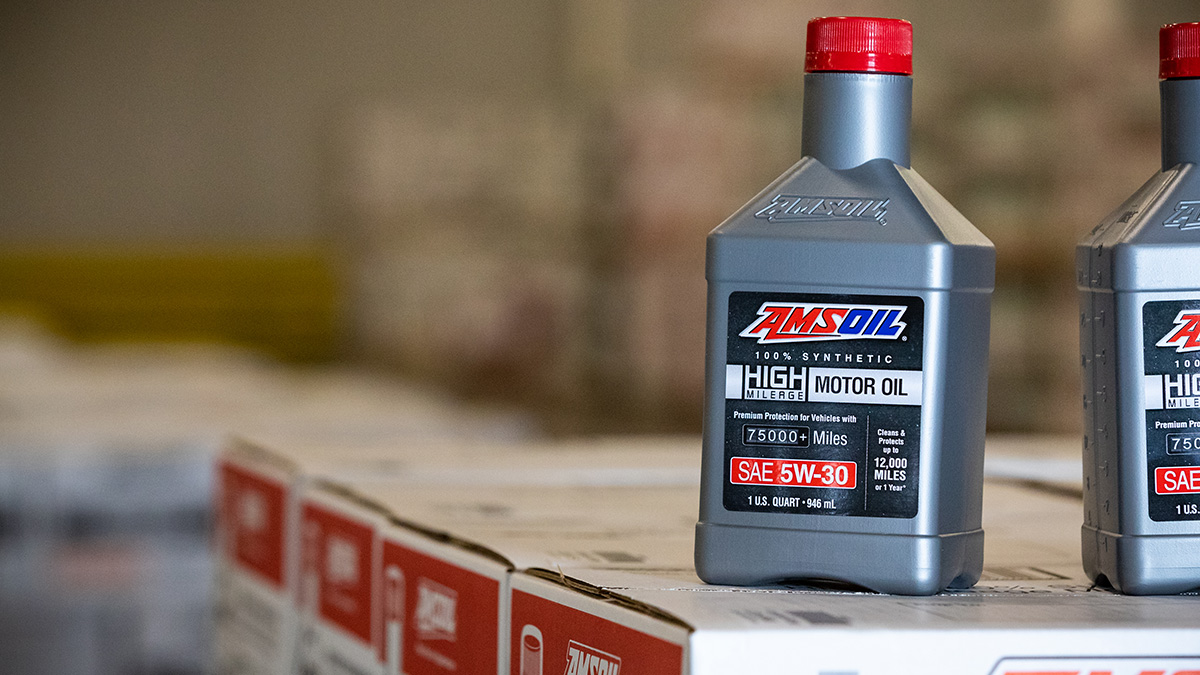
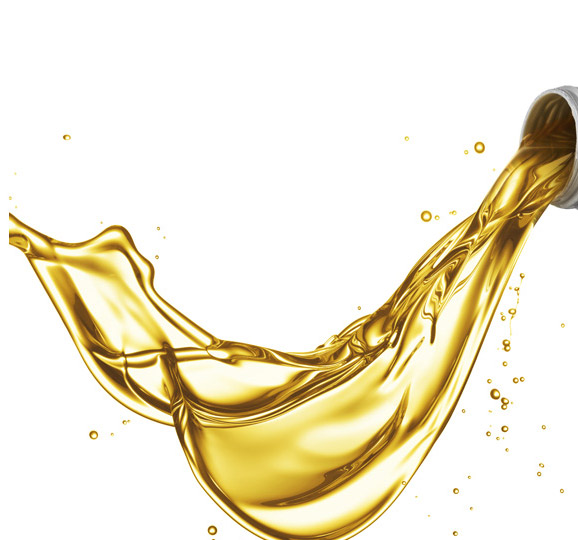
Comments
Share: